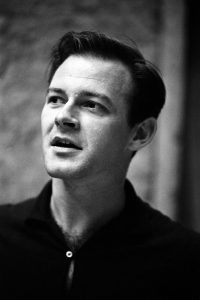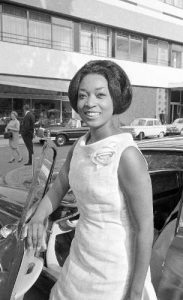Podcast: Play in new window | Download (Duration: 1:38:19 — 104.3MB) | Embed
Subscribe: Spotify | TuneIn | RSS | More
One of the great personal revelations for me in the early years of producing Countermelody was discovering the great Chinese American bass Yi-Kwei Sze (斯義桂). As the first Chinese singer to pursue a career in Western classical music, his historical significance is undisputed. What I hope to demonstrate in this episode is that his importance extends to artistic, vocal, and musical matters as well. When Sze first came to the United States, he studied under the great Ukrainian bass Alexander Kipnis, and over the course of his long career, he bore that mantle proudly. Today’s episode once again explores the hidden corners of Sze’s recorded legacy, which yields enormous treasures, and includes recordings of operatic (and quasi-operatic) excerpts by Verdi, Gounod, Mozart, Berlioz, and Mussorgsky as well as an excerpt of a legendary live performance of Shostakovich’s “Babi Yar” Symphony, one of the first in the West. Also heard are live and studio recordings of Russian songs by Mussorgsky, Dargomizhsky, Tchaikovsky, Rachmaninov, and Balakirev; and song recordings by Poulenc, Schumann, Schubert, Tcherepnin, Xuean Liu, Dvořák, and Brahms.
Countermelody is a podcast devoted to the glory and the power of the human voice raised in song. Singer and vocal aficionado Daniel Gundlach explores great singers of the past and present focusing in particular on those who are less well-remembered today than they should be. Daniel’s lifetime in music as a professional countertenor, pianist, vocal coach, voice teacher, and journalist yields an exciting array of anecdotes, impressions, and “inside stories.” At Countermelody’s core is the celebration of great singers of all stripes, their instruments, and the connection they make to the words they sing. By clicking on the following link (https://linktr.ee/CountermelodyPodcast) you can find the dedicated Countermelody website which contains additional content including artist photos and episode setlists. The link will also take you to Countermelody’s Patreon page, where you can pledge your monthly or yearly support at whatever level you can afford.


